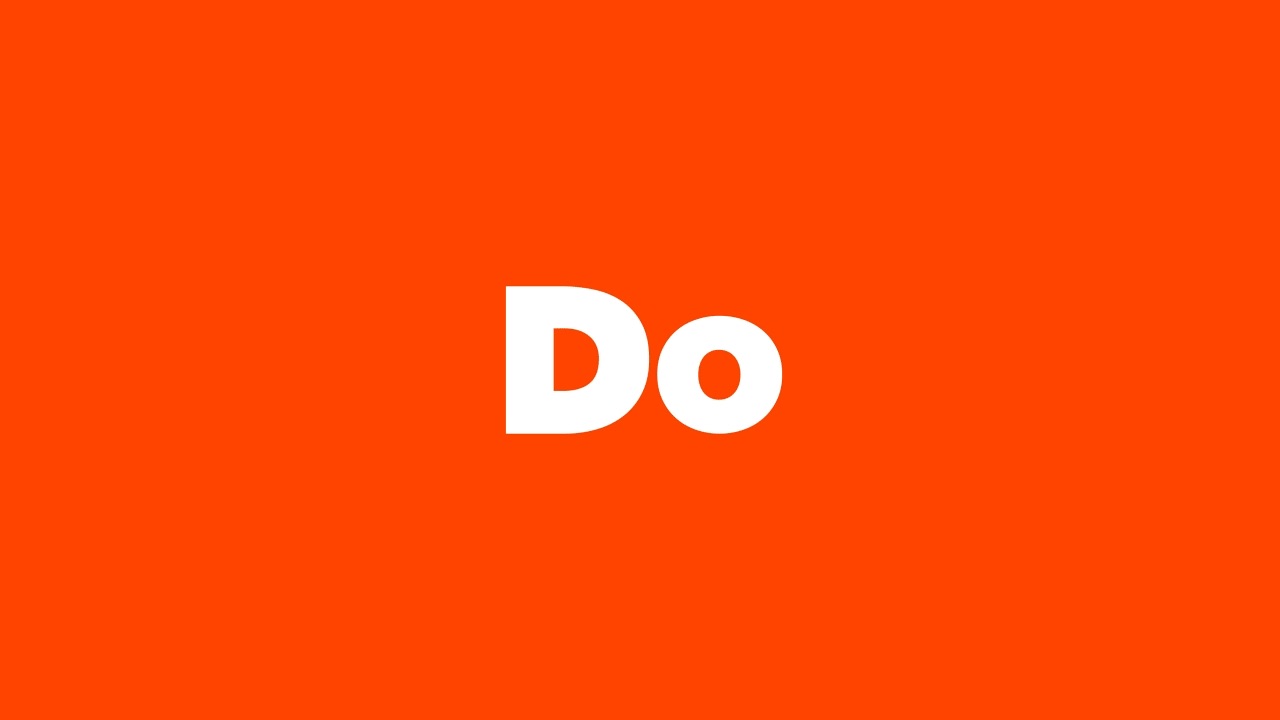Sport Marketing Positions: Career Paths and Opportunities in the Athletic Industry
Understand sport marketing positions
Sport marketing positions represent a dynamic and grow sector within the sports industry. These roles bridge the gap between athletic organizations and their audiences, create engaging campaigns that drive fan engagement, ticket sales, and brand loyalty. For professionals passionate about sports and marketing, these positions offer the perfect blend of business acumen and athletic enthusiasm.
The field encompass numerous specialized roles, each contribute to the overall marketing strategy of sports organizations, from professional teams to collegiate athletic departments, sporting goods manufacturers, and sports media companies.
Types of sport marketing positions
Entry level sport marketing positions
Break into sport marketing typically begin with these foundational roles:
-
Marketing coordinator
assists with implement marketing campaigns, manage social media, and coordinate promotional events. -
Social media specialist
creates and schedules content across platforms, engage with fans, and analyze performance metrics. -
Community relations assistant
helps organize community outreach programs, charity events, and fan engagement initiatives. -
Promotions coordinator
plans and execute in game promotions, giveaways, and special events to enhance fan experience.
These positions typically require a bachelor’s degree in marketing, sports management, or a related field, along with strong communication skills and sports industry knowledge.
Mid-level sport marketing positions
With experience, professionals can advance to roles with greater responsibility:
-
Marketing manager
oversees marketing campaigns, manage budgets, and lead a team of marketing professionals. -
Brand manager
develops and maintain the organization’s brand identity, ensure consistency across all channels. -
Sponsorship manager
secures and manage relationships with corporate sponsors, negotiate deals and ensure sponsor satisfaction. -
Digital marketing manager
leads digital strategy, include website optimization, email marketing, and digital advertising campaigns.
These positions typically require 3 5 years of experience, demonstrate success in previous roles, and specialized knowledge in areas like sponsorship activation or digital marketing.
Executive sport marketing positions
Seasoned professionals can aspire to leadership roles:
-
Director of marketing
sets overall marketing strategy and oversee all marketing functions within the organization. -
Chief marketing officer (cCMO)
lead all marketing initiatives at the executive level, work intimately with other c suite executives. -
VP of business development
identifies and pursue new revenue opportunities, strategic partnerships, and market expansion.
Executive positions typically require 8 10 + years of experience, prove leadership abilities, and strategic vision for grow the organization’s brand and revenue streams.
Specialized sport marketing roles
Sponsorship and partnership positions
These roles focus on securing and manage corporate partnerships:
-
Sponsorship sales representative
identifies and secure new sponsors through outreach and relationship building. -
Partnership activation specialist
ensures sponsors receive promise benefits and create innovative activation opportunities. -
Corporate partnership director
develop overall sponsorship strategy and manage high value partnership relationships.
Success in these roles require strong negotiation skills, relationship management abilities, and an understanding of sponsor ROI metrics.
Digital and social media marketing positions
These progressively important roles focus on digital fan engagement:
-
Content creator
produce engage video, graphic, and write content for digital platforms. -
Social media manager
develops social strategy, manage platform presence, and grow digital audience. -
Digital analytics specialist
tracks and analyze digital marketing performance to optimize campaigns.
These positions require creativity, technical skills with digital tools, and an understanding of current social media trends.
Fan engagement and experience positions
These roles focus on create memorable experiences for fans:
-
Fan experience manager
oversees initiatives design to enhance the fan experience at events. -
Game presentation director
coordinates in game entertainment, music, video content, and promotions. -
Community relations manager
develop programs connect the organization with its community.
Success in these positions require creativity, strong event planning skills, and an understanding of what drive fan satisfaction.

Source: trainingcenter.com
Required skills and qualifications
Educational background
Most sport marketing positions require at least a bachelor’s degree in:
- Marketing
- Sports management
- Business administration
- Communications
- Public relations
For higher level positions, a mMBAor master’s degree in sports management can provide a competitive advantage. Additional certifications in digital marketing, sports analytics, or project management can besides enhance qualifications.
Technical skills
Today’s sport marketing professionals need proficiency in:
- Digital marketing platforms (gGoogle Analytics fFacebookbusiness manager, etc. )
- CRM systems (sSalesforce mMicrosoft Dynamics)
- Content creation tools (adobe creative suite, cCanva)
- Social media management platforms (hHootsuite sprout social )
- Basic data analysis and report
Technical requirements vary by role, with digital focused positions require more specialized technical knowledge.
Soft skills
Beyond technical abilities, successful sport marketing professionals exhibit:
- Strong write and verbal communication
- Creativity and innovative thinking
- Project management abilities
- Adaptability and flexibility
- Teamwork and collaboration
- Problem solve skills
- Relationship building
The ability to work under pressure and meet deadlines is especially important in sports, where marketing activities oftentimes revolve around game schedules and seasonal calendars.
Sport marketing salary expectations
Compensation vary wide base on position, organization size, market, and experience level:
Entry level positions
Entry level marketing coordinators and assistants typically earn between $35,000 and $$50000 yearly. These positions ofttimes include perks like game tickets, team merchandise, and valuable industry exposure.

Source: texta.ai
Mid-level positions
Marketing managers and specialized roles (digital marketing managers, sponsorship managers )mostly earn between $ $6000 and $ 9$900 yearly, with variations base on market size and organization prestige.
Executive positions
Directors of marketing and CMOS in major sports organizations can earn $100,000 to $$250000 + yearly, with additional performance bonuses. Executive compensation packages oft include profit sharing, performance bonuses, and comprehensive benefits.
Market variations
Salaries tend to be higher in:
- Major professional leagues (nNFL nNBA mMLB nNHL)
- Large market teams
- Major sporting goods brands
- Sports media conglomerates
College athletics, minor leagues, and smaller market teams typically offer lower compensation but can provide excellent experience and work-life balance.
How to land a sport marketing position
Build the right foundation
Prepare for sport marketing careers by:
- Pursue relevant education in marketing, sports management, or business
- Complete internships with sports organizations
- Volunteering at sporting events
- Develop a portfolio of marketing projects
- Build a professional network in the sports industry
Many successful sport marketing professionals begin their careers with internships that convert to full-time positions.
Create a standout application
Make your application materials stand out by:
- Tailor your resume to highlight relevant experience and skills
- Create a portfolio showcasing marketing campaigns or content you’ve developed
- Craft a compelling cover letter that demonstrate your passion for sports and marketing
- Build a professional online presence, particularly on LinkedIn and twitter
For creative positions, a digital portfolio demonstrates your work is peculiarly important.
Network strategies
In sports marketing, who you know frequently matter equally often as what you know:
- Attend industry conferences like the sports business journal conferences
- Join professional organizations like the national sports marketing network
- Participate in sports business network events
- Connect with alumni from your school work in sports
- Engage with industry professionals on LinkedIn and twitter
Informational interviews can be especially valuable for make connections and learn about opportunities.
Current trends in sport marketing positions
Digital transformation
The digital revolution has created new roles and transform exist ones:
-
Content creators
teams forthwith employ dedicated content teams to produce engage video, graphics, and write content. -
Social media specialists
platform specific experts who understand the nuances of tTikTok iInstagram tTwitter and emerge platforms. -
Digital experience designers
professionals who create seamless digital experiences for fans across websites, apps, and virtual environments.
Digital skills are progressively required across all marketing positions, not exactly specialize digital roles.
Data driven marketing
Analytics has become central to sport marketing strategy:
-
Marketing analytics specialists
analyze campaign performance and customer behavior to optimize marketing efforts. -
CRM managers
leverage customer data to create personalize marketing campaigns and improve fan engagement. -
Business intelligence analysts
identify trends and opportunities through data analysis.
Understand data analytics is become an essential skill for advancement in sport marketing careers.
Fan engagement evolution
New approaches to fan engagement have created specialized roles:
-
Fan journey specialists
map and optimize the entire fan experience from discovery to post event engagement. -
Community managers
build and nurture online fan communities across platforms. -
Experiential marketing managers
create immersive brand experiences that connect fans with teams and sponsors.
The focus has shift from transactional marketing to build long term fan relationships through personalized experiences.
Challenges and opportunities in sport marketing careers
Common challenges
Sport marketing professionals face unique challenges:
-
Competitive job market
the popularity of sports careers create intense competition for positions. -
Work-life balance
game schedules oftentimes require evenings, weekends, and holiday work. -
Performance pressure
marketing results are oftentimes ttiedto team performance, which is outside marketers’ control. -
Rapid industry changes
keep up with evolve digital platforms and fan expectations.
Successfully navigate these challenges require passion, resilience, and continuous learning.
Emerge opportunities
Despite challenges, exciting opportunities are emerged:
-
Esports marketing
the explosive growth of competitive gaming has ccreatednumerous marketing positions. -
Sports betting marketing
legalization has open new marketing roles in this quickly expand sector. -
Nil (name, image, likeness )management
new positions help collegiate athletes navigate marketing opportunities. -
Virtual and augmented reality
create immersive fan experiences through emerge technologies.
Professionals who develop expertise in these growth areas can find abundant opportunities.
Career advancement strategies
Advance in sport marketing careers require strategic planning:
-
Continuous education
stay current through workshops, certifications, and industry conferences. -
Specialization
develop expertise in high demand areas like digital marketing, sponsorship, or analytics. -
Measurable results
document your successes with concrete metrics to demonstrate your value. -
Internal advocacy
build relationships with decision makers who can champion your advancement. -
Strategic job moves
sometimes advancement require change organizations to gain new experiences and responsibilities.
Many successful executives start in entry level positions and strategically work their way up through different organizations and roles.
Conclusion
Sport marketing positions offer exciting career paths for those passionate about combine business acumen with love of sports. From entry level coordinators to c suite executives, these roles present opportunities to create meaningful fan connections and drive business results for sports organizations.
The field continue to evolve with digital transformation, data analytics, and change fan expectations create both challenges and opportunities. For professionals willing to unendingly learn, adapt, and demonstrate measurable results, sport marketing offer reward career paths with competitive compensation and the unique satisfaction of work in an industry they love.
Whether you’re exactly start your career journey or look to advance to the next level, understand the landscape of sport marketing positions — their requirements, challenges, and opportunities — is the first step toward achieve your professional goals in this dynamic field.



